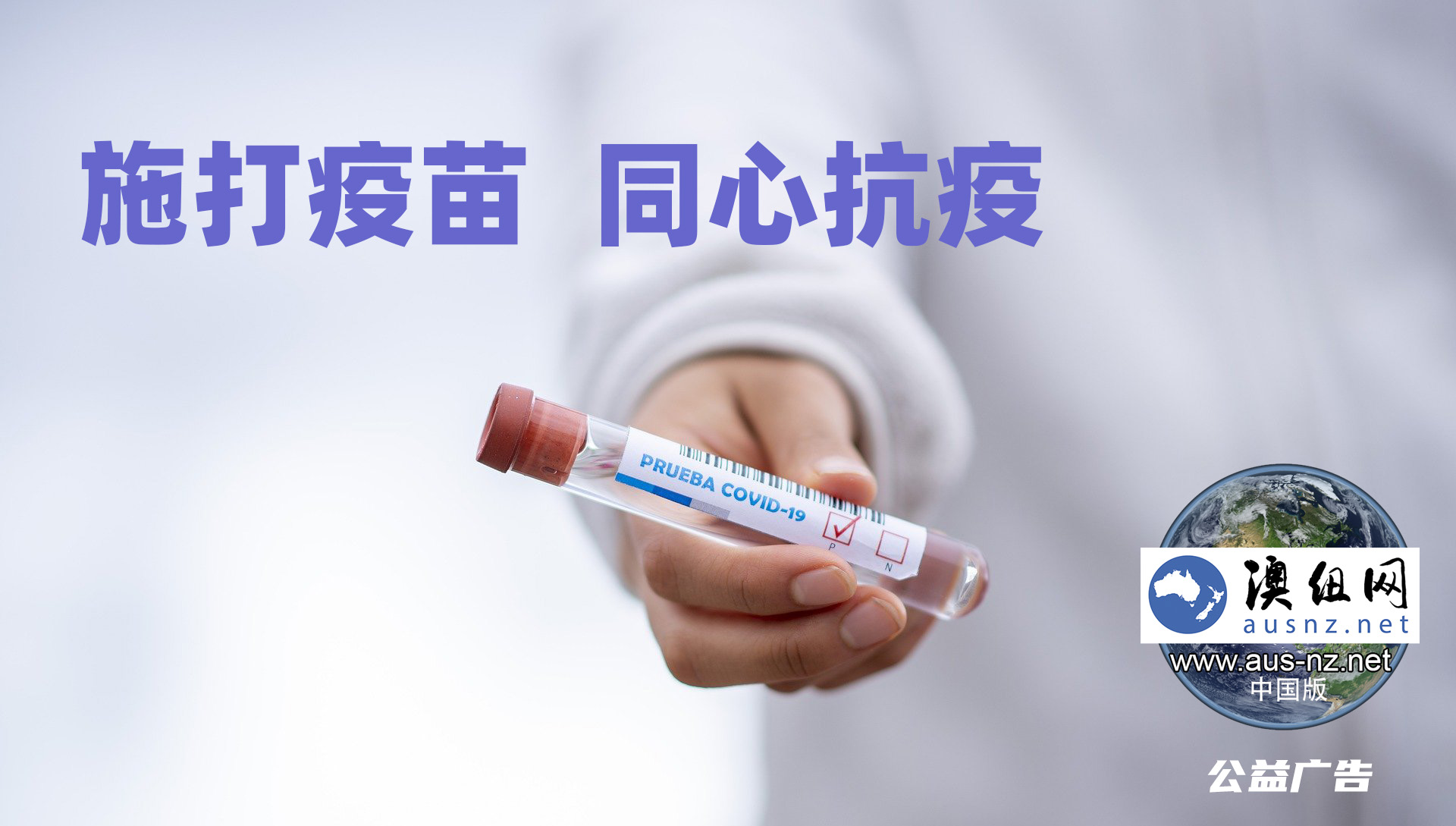喝咖啡不光具有提神醒脑的作用。一项研究通过长达多年的随访调查发现,喝咖啡的人比完全不喝咖啡的人患帕金森病的风险更低。
We know that what we eat and drink has a significant impact on our health, and a new study has found another connection between drinking coffee and being less likely to develop Parkinson’s disease.我们知道,饮食习惯会显著影响我们的健康。最近,又有一项新研究发现,喝咖啡可能会减少患帕金森病的风险。
Looking at data collected on 184,024 individuals across an average of 13 years, the international team of researchers behind the study found that coffee consumers had a lower risk of getting Parkinson’s than those that didn’t drink coffee at all.开展这项研究的国际研究团队调查了184024名参与者平均长达13年的数据。他们发现,喝咖啡的人比完全不喝咖啡的人患帕金森病的风险更低。
Further analysis of a sample of hundreds of people with Parkinson’s measured levels of the primary metabolites of caffeine, paraxanthine, and theophylline, in the blood – finding that they had an inverse association with the risk of developing Parkinson’s.对数百名帕金森患者血液样本的进一步分析显示,血液中咖啡因的初级代谢物——副黄嘌呤和茶碱的水平与患帕金森病的风险呈反比。
This isn’t the first study to find a link between coffee and Parkinson’s, but it goes further than previous research in the way it looks at biomarkers of caffeine intake years ahead of Parkinson’s disease being diagnosed.该研究并非首次发现咖啡与帕金森病之间的联系,但它在参与者被诊断帕金森病之前就开始观察咖啡摄入的生物指标,比以往的研究方法更胜一筹。
The top 25 percent of coffee drinkers were found to be 40 percent less likely to develop Parkinson’s, compared to those who didn’t drink coffee at all. Across all coffee consumers in the study, the risk reduction measured varied between approximately 5 to 63 percent, depending on the country.研究发现,喝咖啡最多的25%的人比完全不喝咖啡的人患帕金森病的可能性低40%。在参与研究的所有喝咖啡的人当中,风险降低的比例大约在5%到63%之间,不同国家比例各不相同。
While the association still held when factors such as smoking and drinking were accounted for, it’s still not enough to prove direct cause and effect. However, there does seem to be something about caffeine and its ingredients that is protecting people’s brains.即使考虑了吸烟和饮酒等因素,这种关联仍然存在,但仍然不足以证明直接的因果关系。然而,咖啡因及其成分似乎确实在保护人们的大脑。
“These neuroprotective effects align with our findings, which revealed an inverse association between caffeine, paraxanthine, and theophylline and the incidence of Parkinson’s disease,” write the researchers.研究人员写道:“这些神经保护效果与我们的发现一致,揭示了咖啡因、副黄嘌呤和茶碱与帕金森病发病率之间的反比关系。”
Considering the way that caffeine hits our neurons, it’s perhaps not surprising that there appears to be a relationship with neurodegenerative diseases. However, as we’re still not sure how exactly Parkinson’s gets started in the brain, it’s difficult to be sure.考虑到咖啡因对我们神经元的影响,咖啡因与神经退行性疾病之间似乎存在关系或许并不令人惊讶。然而,由于我们仍然不确定帕金森病在大脑中是如何开始的,因此很难确定其因果关系。
The important work of figuring out what triggers Parkinson’s, what might affect our risk of getting the disease, and how it might be stopped, goes on. In the US alone, nearly a million people are living with the disease, which leads to worsening problems with tremors, normal movement, balance, and limb stiffness.确定触发帕金森病的因素、可能影响我们患病风险的因素以及如何阻止它的发展,这一重要工作仍在继续。仅在美国,就有近一百万人患有这种疾病,它会导致身体颤抖、无法正常运动及平衡、肢体僵硬等问题持续恶化。
“Unraveling the biological action of caffeine on Parkinson’s disease not only carries important public health implications but also enhances our understanding of Parkinson’s disease etiology and fosters potential prevention strategies.”“揭开咖啡因对帕金森病的生物学作用,不仅具有重要的公共卫生意义,而且增强了我们对帕金森病病因的理解,并推动了潜在预防策略的制定。”
The research has been published in Neurology.这项研究已发表在《神经病学》杂志上。
英文来源:Science Alert
翻译&编辑:丹妮
审校:董静、齐磊
来源: 中国日报网
[xyz-ihs snippet=”multiple-ads”]13,836 views





